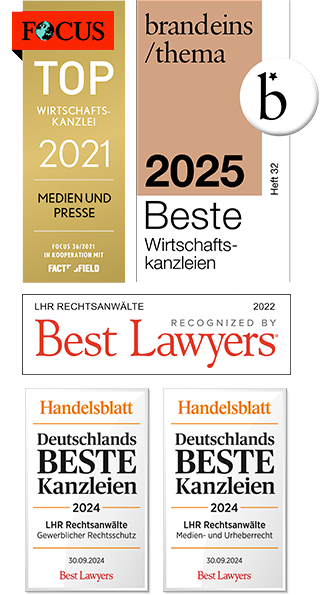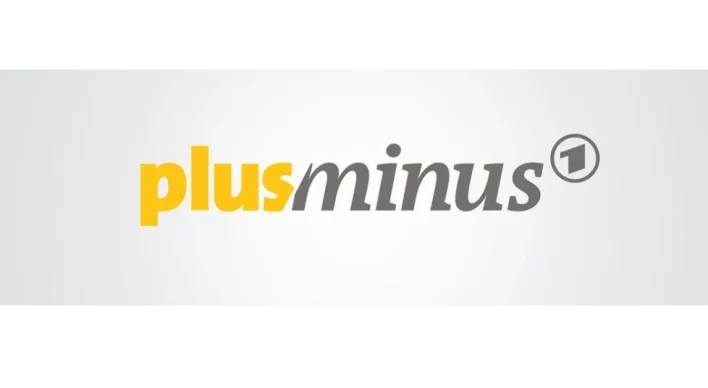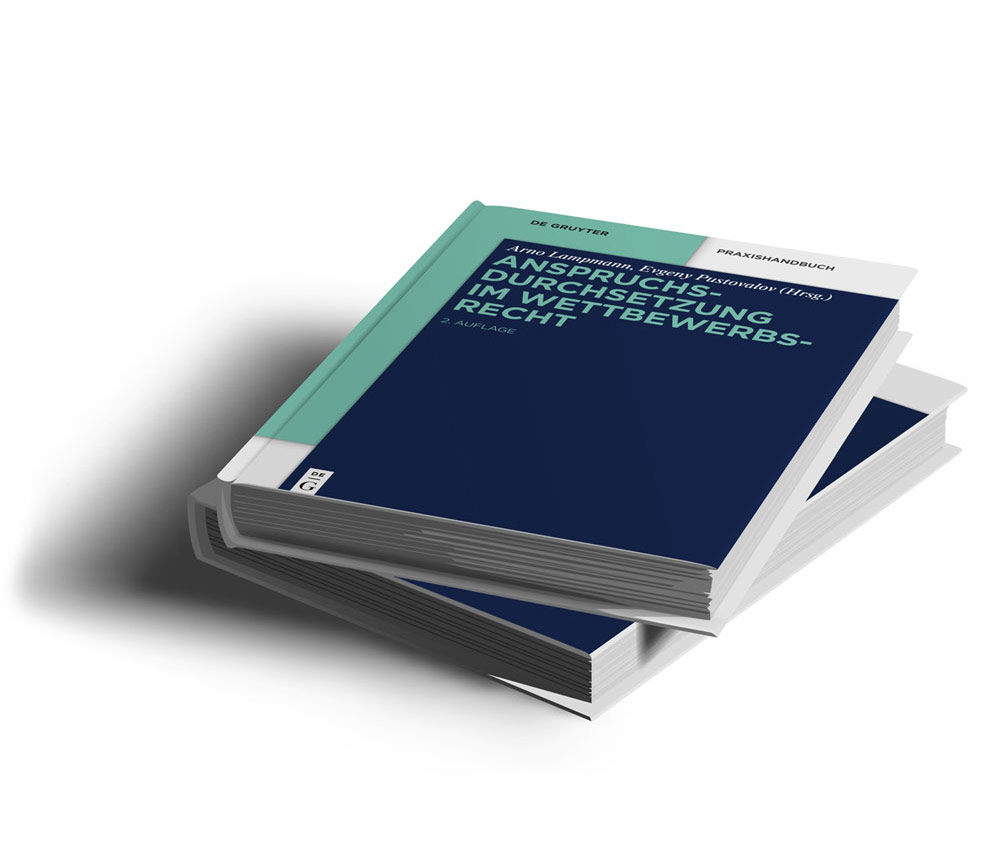Munich Regional Court I: Scan of product packaging does not enjoy copyright protection – an unjustified copyright warning obliges to reimburse lawyer’s fees – amount in dispute € 7,500

A person who receives a warning letter that later turns out to be unjustified cannot, in principle, demand reimbursement of any legal fees incurred.
An unjustified claim is generally part of the general risk of life and the costs caused by it are regularly only recoverable if there is a special legal relationship between the parties within which one party would have breached obligations. This was explained once again, for example, by the Regional Court of Cologne in a decision from 2011 in a competition law case (Regional Court of Cologne, judgement of 10 October 2012, case no. 28 O 551/11). We reported.
Unauthorised copyright warnings can become a boomerang
Since 2013, there has been an exception to this principle in copyright law, among others. According to Section 97a (4) UrhG, if the warning is unjustified or ineffective, the warned party can demand compensation for the expenses required for legal defence. The basis for this is the Law against dubious business practices – also known as the Anti-Rip-off Act – from 1 October 2013. Our intern Danya He reported on this in 2014.
This regulation – which remains controversial among experts – has now proved fatal for an online retailer. He had discovered that a competitor was using an image file that he had ‘created’ to illustrate an offer. However, this was not a conventional photograph, but a scan or a 2-dimensional reproduction of product packaging.
The warning letter and claim for damages were followed by an action before the Regional Court of Munich I after the defendant failed to respond. The defendant not only defended itself against the claims for injunctive relief and damages, but also filed a counterclaim. She demanded the costs of her lawyer, which had arisen from the out-of-court consultation in the form of a Skype call, the result of which was the advice to simply leave the warning letter unanswered.
The court then gave the plaintiff a detailed notice to the effect that it intended to dismiss the action and suggested that the parties reach a settlement and withdraw their respective actions.
A mere scan or 2-dimensional reproduction does not constitute photographic protection
The judge agreed with the view of the defendant and counterclaimant that the alleged photograph was a mere technical reproduction that did not fulfil the minimum level of personal, intellectual achievement and therefore did not enjoy photographic protection. Even if the reproduction had been of a photographic nature, it would still not be entitled to protection, as this would require that it had required considerable effort and had not merely been created by mechanical means.
The plaintiff then withdrew her claim. However, the counterclaimant insisted on a judicial decision.
The person issuing the warning must bear the costs of the person being warned
The Munich Regional Court then ordered the defendant to reimburse the legal fees on the basis of the amount in dispute of EUR 7,500.00 stated by the plaintiff in its warning letter, as these were necessary and the amount was not objectionable (Munich Regional Court I, judgement of 27 July 2015, case no. 7 O 20941/14, not final).
A written rejection of the claims is not required for this
This applied in the present case despite the fact that the lawyer of the warned company had not acted externally, but the result of the consultancy assignment merely consisted of the advice to leave the warning unanswered.
Contrary to a common misconception, however, the party liable for reimbursement must of course also pay the costs of the lawyer who only gives the advice orally. A written rejection of the claims is not required. It is often even advisable not to respond to a warning letter at all. It is not uncommon for such a response to make the alleged claim conclusive due to unnecessary or ill-considered arguments.
Disclosure: Our law firm represented the defendant and counterclaimant.


